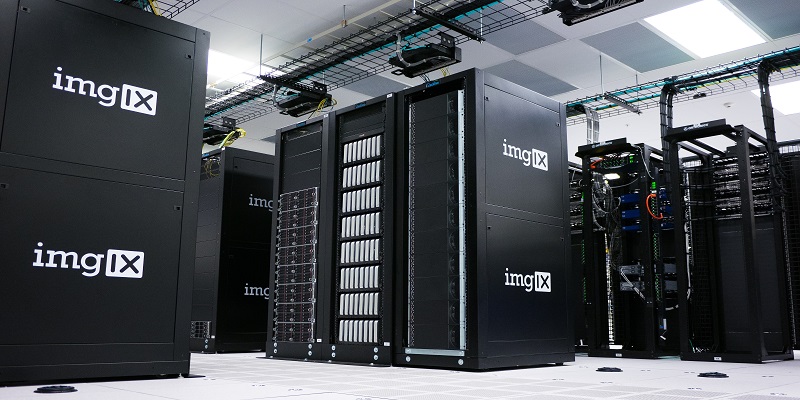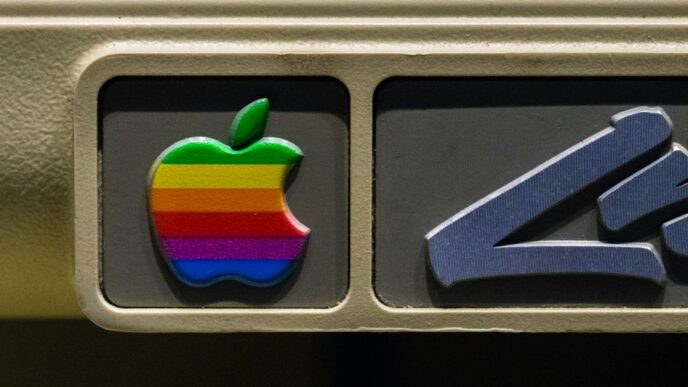The growing demand for cloud computing services has paved the way for several big players to compete in the market. AWS, Azura, and Google Cloud have emerged as popular choices among businesses seeking high-performance cloud solutions. But how do these platforms compare when it comes to future trends and functionality? In this blog post, we’ll explore the key differences between these providers and help you determine which one is best suited for your organization’s needs. So sit tight and get ready to dive into the world of cloud computing.
Introduction to Cloud Storage
Different public cloud providers offer different storage services. Here is a brief introduction to the three main types of cloud storage offered by AWS, Azure, and Google Cloud Platform:
Simple Storage Service (S3) is AWS’s object storage service. Objects are stored in buckets and can be up to 5TB in size. S3 is a good choice for storing data that doesn’t need to be accessed often, as it is cheaper than other storage options on AWS.
Azure Blob Storage is Microsoft Azure’s object storage offering. Blobs can be up to 50TB in size and are stored in containers. Azure Blob Storage is a good option for storing unstructured data such as images, videos, and log files.
Google Cloud Storage is Google’s object storage service. Like S3 and Azure Blob Storage, it stores data in buckets. However, unlike the other two services, Google Cloud Storage offers four different storage classes: Standard, Nearline, Coldline, and Archive. Each class has different pricing and performance characteristics.
Comparing the Three Major Players: AWS, Azure, and Google Cloud
AWS, Azure, and Google Cloud are the three major cloud service providers today. They each provide different services and pricing structures, so it can be difficult to compare them directly. However, there are some key areas where they can be compared.
Functionality: AWS is the most comprehensive of the three providers, with over 175 services available. Azure has a more limited range of about 60 services, while Google Cloud offers around 20. However, it’s important to note that all three providers are constantly expanding their service offerings, so this gap is likely to close in the future.
Pricing: AWS and Azure have very similar pricing structures, with both offering discounts for long-term commitments and pay-as-you-go options. Google Cloud is typically slightly cheaper than the other two providers but offers fewer discounts.
Future: All three providers are investing heavily in artificial intelligence (AI) and machine learning (ML). This is an area where they are all likely to see significant growth in the coming years.
Benefits of Utilizing Each Platform
AWS, Azure, and Google Cloud all have unique benefits that make them ideal for different workloads. Here’s a breakdown of the benefits of each platform:

AWS:
-Reliability: Amazon’s massive global infrastructure gives AWS the ability to provide highly reliable services.
-Flexibility: AWS offers a wide variety of services that can be easily scaled up or down to meet your needs.
-Security: Amazon has a well-established security practice, making AWS one of the most secure cloud platforms.
Azure:
-Integration with Windows: Azure was designed to work seamlessly with Windows, making it a natural choice for organizations that already use Microsoft products.
-Enterprise Support: Azure provides comprehensive support for enterprise customers, including 24/7 technical support.
Cost Comparison
AWS, Azure, and Google Cloud are the top three cloud providers in the world. They are all very different in terms of pricing, functionality, and future roadmap. So, how do they compare?
In terms of pricing, AWS is the most expensive, followed by Azure, with Google Cloud being the least expensive. However, all three providers offer a variety of pricing models that can be customized to fit your specific needs.
When it comes to functionality, AWS is the most comprehensive and flexible provider, offering a wide range of services and features. Azure is second in terms of functionality but lacks some of the more advanced features offered by AWS. Google Cloud is third in terms of functionality but offers a few unique features not found by other providers.
When looking at the future roadmap, AWS and Azure have very similar plans for the next few years. Both providers are investing heavily in artificial intelligence (AI) and machine learning (ML), as well as edge computing and IoT. Google Cloud is also investing in these areas but is also focusing on quantum computing as well.
Security and Reliability
The cloud is constantly evolving, and the three big providers are AWS, Azure, and Google Cloud. They all have pros and cons, but which is best for you?
AWS is the most popular cloud provider and has a lot of features and services. However, it can be expensive, and some of its services can be unreliable.
Azure is a close second to AWS in terms of popularity and features. It’s usually cheaper than AWS, but it doesn’t have as many features.
Google Cloud is the third biggest cloud provider and is slowly catching up to AWS and Azure. It’s cheaper than both of them, but it doesn’t have as many features or services.
Scaling Options
Scaling is an important consideration when choosing a cloud provider. All three providers offer various options for scaling, but there are some key differences to consider.
AWS provides several ways to scale, including adding more capacity, using Auto Scaling to add or remove capacity based on demand, or using Elastic Load Balancing to distribute traffic across multiple instances. AWS also offers reserved instance pricing, which can save you money on your overall bill if you anticipate needing a certain amount of capacity ahead of time.
Azure provides similar options for scaling, including the ability to add more capacity, use auto-scaling, or load balancing. Azure also offers reserved instance pricing, but with some caveats – you must set up a recurring payment and can only benefit from the pricing for one year at a time. Additionally, Azure doesn’t offer as many customization options for auto-scaling as AWS does.
Google Cloud Platform also offers auto-scaling and load balancing but doesn’t currently offer reserved instance pricing. Google Cloud does provide some interesting scaling options that other providers don’t though – for example, the ability to schedule auto-scaling events so that your system can scale up in advance of anticipated traffic spikes.
Support Options
There are three major support options for cloud providers: Basic Support, Developer Support, and Business Support. AWS offers all three, while Azure and Google Cloud Platform (GCP) offer the first two.
Basic Support is 24/7 phone and email support for infrastructure issues, as well as access to online resources. This is the most basic level of support and is typically included in the cost of the cloud services.
Developer Support is designed for software developers using the cloud platform to build applications. It includes 12-hour response times for critical issues and access to online resources.
Business Support is designed for businesses that are running mission-critical applications on the cloud platform. It includes 24/7 phone and email support and SLAs for response times and resolution times.
Conclusion
In conclusion, this comparison between AWS, Azure, and Google Cloud has demonstrated the three platforms have a range of future-ready features and functionalities that provide businesses with greater choice in cloud hosting services. Each has its advantages and disadvantages when it comes to cost, scalability, and other factors. Ultimately, choosing the right platform for your business depends on your requirements as well as what you want out of your cloud hosting provider now and into the future.













